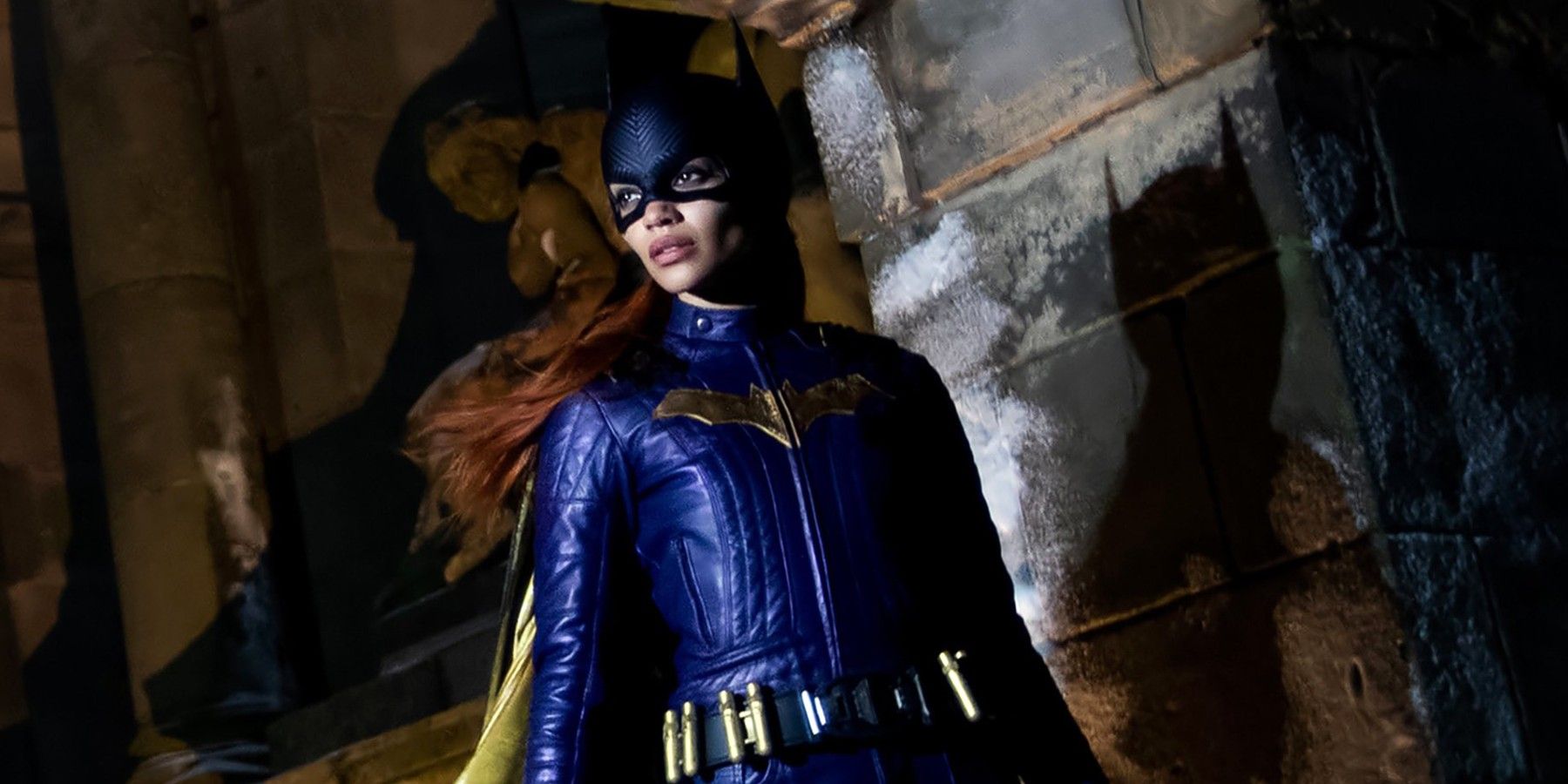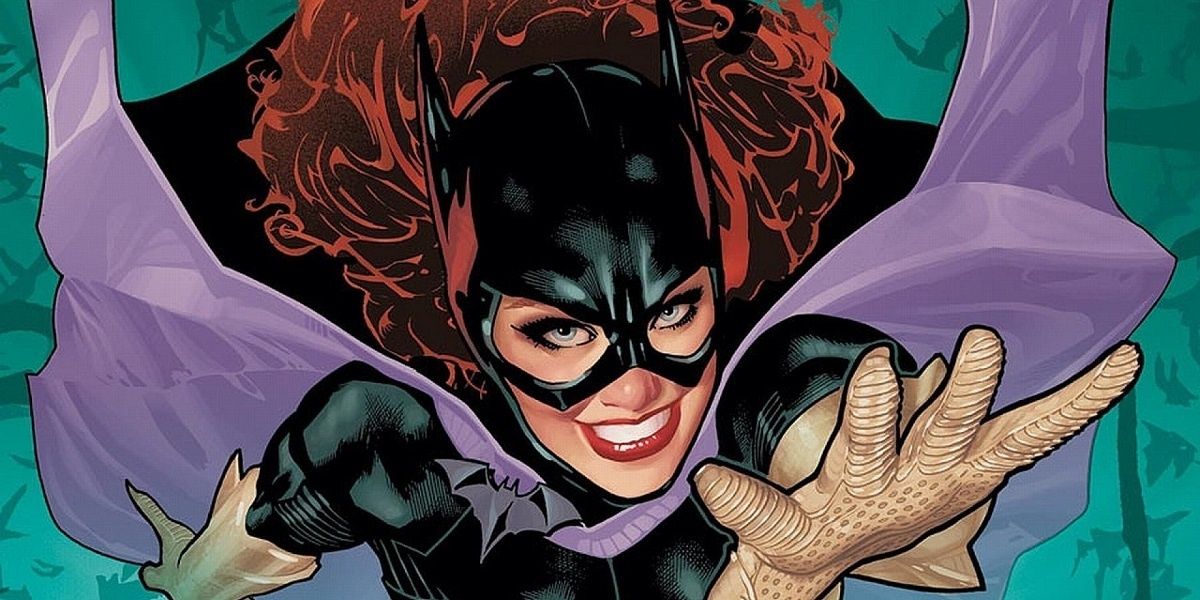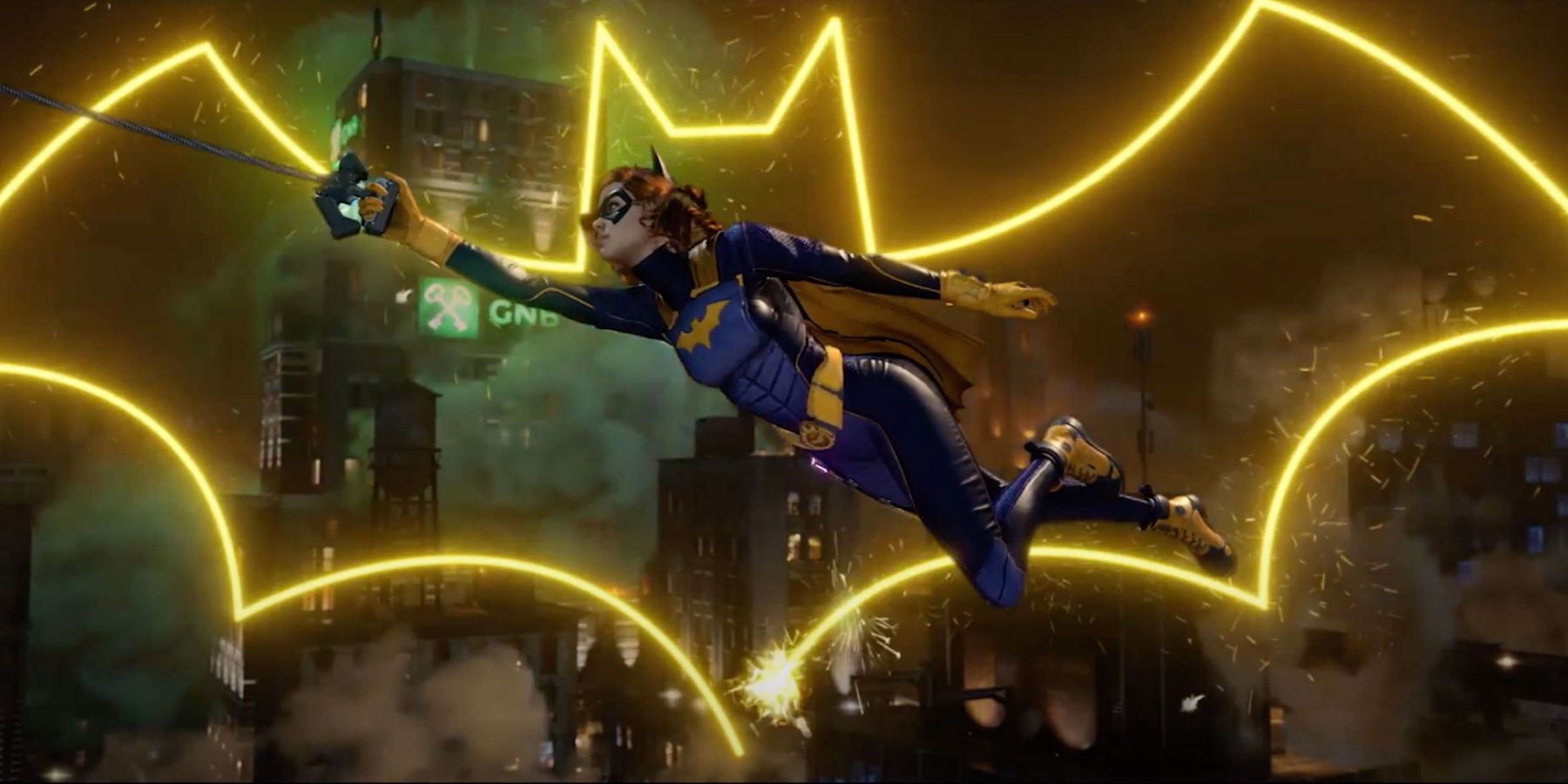In a world of franchise media and tentpole blockbusters, the idea of a film packed with big names being basically finished, then canceled before production seems absurd. However, thanks to the bizarre machinations of the people who own all the rights to DC Comics, fans get to see the absurd firsthand and wonder what’s next.
Batgirl, set to be directed by Adil El Arbi and Bilall Fallah and star Leslie Grace in the title role alongside Michael Keaton and Brendan Frasier, has been canceled by WB. This comes as a shock to most because the film was somewhere between 90 and 100% complete.
The concept behind the film began in 2017 when Joss Whedon pitched the project before swiftly bowing out. By 2021, El Arbi and Fallah were attached with plans to drop directly on HBO Max this year. Filming took place from last November to this March. The title character is a fairly big name who hasn’t seen the big screen since the ill-fated Batman & Robin back in 1997. Fans were excited to see Batgirl get her feature film, but the film had plenty of other selling points. Michael Keaton signed on to return to the Batman role for the first time in decades. Beloved performer Brendan Frasier was set to turn in a rare villain performance. J. K. Simmons would be returning as Commissioner Gordon, tying the film in with the larger DCEU. There was a lot to be excited about and interesting details that would attract a wide variety of fans, but the film won’t be coming out, and WB’s reasoning reveals some grim truths about the industry.
The official statement by the studio when asked why they’d cancel a near-finished product places Batgirl outside of their strategy for the future of the DCEU. To paraphrase, WB is only interested in massive budgets behind tentpole blockbusters. There’s no room for a $90 million action film in their lineup. They want to put out fewer movies with bigger budgets, and they can’t be bothered with anything that doesn’t have the potential to rake in a billion dollars. This is a problem that has been ruining cinema in general for decades now, but it’s nice to have one of the two biggest entertainment monopolies in the industry come out and say it. Looking back at the 80s and 90s, the dominant strategy was to put out a ton of good films and hope a few were big enough to make bank on merchandise and greenlight some sequels. Today, the stated goal of Warner Bros. is to kill every creative effort that can’t reliably guarantee them a 9 or 10-digit ROI. Under this ethos, DC fans wouldn’t have Shazam, Birds of Prey, or The Suicide Squad. It’s a sad day for blockbuster cinema.
There is some speculation that Batgirl may have simply been terrible. Though initial screenings were positive, more recent focus testing revealed that some audiences found the film disappointing. The studio that released Batman v. Superman: Dawn of Justice, Suicide Squad, Wonder Woman ’84, and two versions of Justice League canceling a film for lack of quality remains questionable at best. Very few people have seen the project, it may have been great, or it may have been terrible, but its quality isn’t the issue. The test screenings used unfinished versions of the film, which the studio admitted might leave some fans expecting more. Now that no one will ever see the finished version, Batgirl’s quality isn’t up for debate. It wasn’t canceled because it was simply too horrible to see the light of day, it was canceled to keep up with a poisonous trend sweeping the industry.
The cancellation of Batgirl runs in tandem with the similar cancellation of The Wonder Twins, proving that the former wasn’t a fluke. Warner Bros. seems to be moving away from HBO Max as a distribution platform for its DCEU content. This reveals several possible issues. Perhaps the streaming model is far less sustainable than it once seemed. If WB is trying to helm a big push back to the theaters, moving every superhero project away from their in-home viewing options could make that happen. It also mirrors the shuttering of other HBO Max staples like the hit sci-fi series Raised by Wolves. It wouldn’t be out of the question to suspect that HBO Max might be losing steam overall, despite big hits like Peacemaker. Though it’s unlikely that HBO Max will be going away entirely, it does seem like WB doesn’t have faith in launching big projects through the streaming platform. This business-side issue interacts with a larger issue in the way industry affects cinema.
The optics of canceling the introduction of a new superheroine, while the film starring the wanted criminal remains on the release slate are dreadful. Warner Bros. is still putting out The Flash, despite the known actions of star Ezra Miller, currently wanted for a variety of deeply distasteful crimes. The idea that Miller's actions weren't enough to get a film canceled, yet disappointing test screenings were enough to scrap Batgirl raises a lot of questions that WB can't afford to answer. Even beyond that, there are still more problems with this decision.
Any concept of creating art at a big studio like Warner Bros. already has a thousand hurdles to overcome. The studio mangles the work of good directors to better fit the nine different ideas they’ve half-formed for the direction of the larger universe. Some filmmakers get the power to run the entire project into the ground while others barely get the freedom to direct the movies they’re hired for. The healthiest cinematic environment is one in which new ideas are free to appear and get popular. One where not every project has to cost the GDP of several nations and risk being labeled a failure if it doesn’t sell a ticket to every human on Earth.
With the cancellation of Batgirl, Warner Bros. signals its open admission that they aren’t interested in telling many new and interesting stories. They are interested in making gigantic blockbuster events out of a couple of big names until one makes enough money to celebrate. This is a deeply disheartening moment for one of the handful of studios that own the ideas fans love, and it remains to be seen how it will affect the industry.



